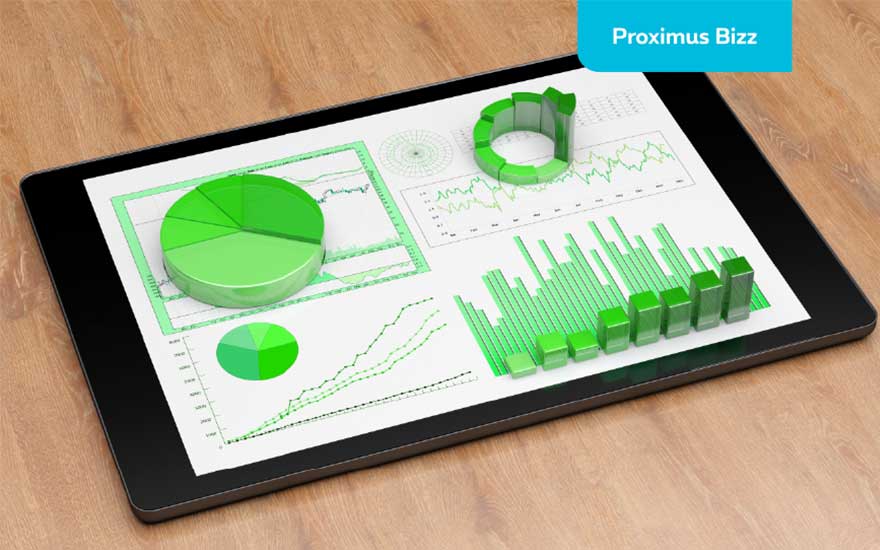Sustainable business: “profit is fine, but it's not sacrosanct”
Published on 07/09/2017 in Be inspired
More and more entrepreneurs want to do business sustainably or with social responsibility. What exactly is sustainable business? And how do you start? Vincent De Coninck of Oksigenlab explains.

Positive impact
“Above all, doing business sustainably is about wanting to create a social impact as an entrepreneur,” says De Coninck. “That's the company’s mission, not maximizing profit, but having a specific, positive social impact.”
DNA
This impact can take many different forms: a better environment, better working conditions, a better life for the employees, a sustainable product or a combination of these. The important thing is that the sustainable nature of the company really is part of its DNA. “A lot of companies develop sustainable initiatives, but often these are peripheral phenomena. It’s not the primary aim, it’s not in the company's DNA. That’s the difference with really doing business sustainably.”
Making a profit is fine
Sustainable businesses don't strive to maximize profit, but making a profit is perfectly possible. “A sustainable business has to be run just as professionally and profitably as any other company,” says De Coninck. “It’s not about semi-hippies ‘playing businesses’. Making a profit is fine, but it’s not the main goal.
Being business wise makes sense, too. Take micro credits to poor people, for instance. All the examples show that they are very good customers who pay off their loans very promptly, because they feel morally obliged to do so. The number of bad loans in this group is almost negligible.”
Wanted: a sounding board
Starting up a sustainable business differs little from starting up a conventional company. De Coninck: “Take the time to find a good idea and try it out among potential customers and investors. Test your product or service. That will give you an indication straight away of whether you are on the right lines. Try to create a solution for a problem. Is your problem big enough? Can you bring about enough of an impact? Then go for it.”
Make sure you have a sounding board or a coach who can hold up a critical mirror in front of you, De Coninck says. And go for a long-term approach. “Healthy growth needs to be the aim, not getting your first company car as quickly as possible. And make sure you do something you are passionate about, so that you persevere. Doing business sustainably takes at least as much effort, stress and energy as ‘ordinary’ business. It’s a huge task: making the world a better place. You’re never finished with it.
And finally: deal with this pressure in a playful, healthy way. You don’t have to ignore yourself completely. As a matter of fact, that won’t make your business any better.”
2 sustainable businesses
- Starting up on a self-employed basis? Or giving your current business an extra little push? Microstart provides loans of up to € 15,000 for entrepreneurs. You can also obtain free professional advice, support and training.
- 30% of human food depends directly on pollinators such as bees. Think of the fruit sector, vegetable growers, edible oil producers, etc. In the last few years, the bee population in Belgium has fallen sharply. Beeodiversity works to safeguard bees and their ecosystem.

Vincent De Coninck (38) studied marketing and philosophy. He worked as a freelance marketer in various non-profit companies before setting up a number of companies himself, including Biodyvino, which distributes organic wines. He is also affiliated to Oksigenlab, which offers coaching and investment support for sustainable starters and assists established companies to do business sustainably.